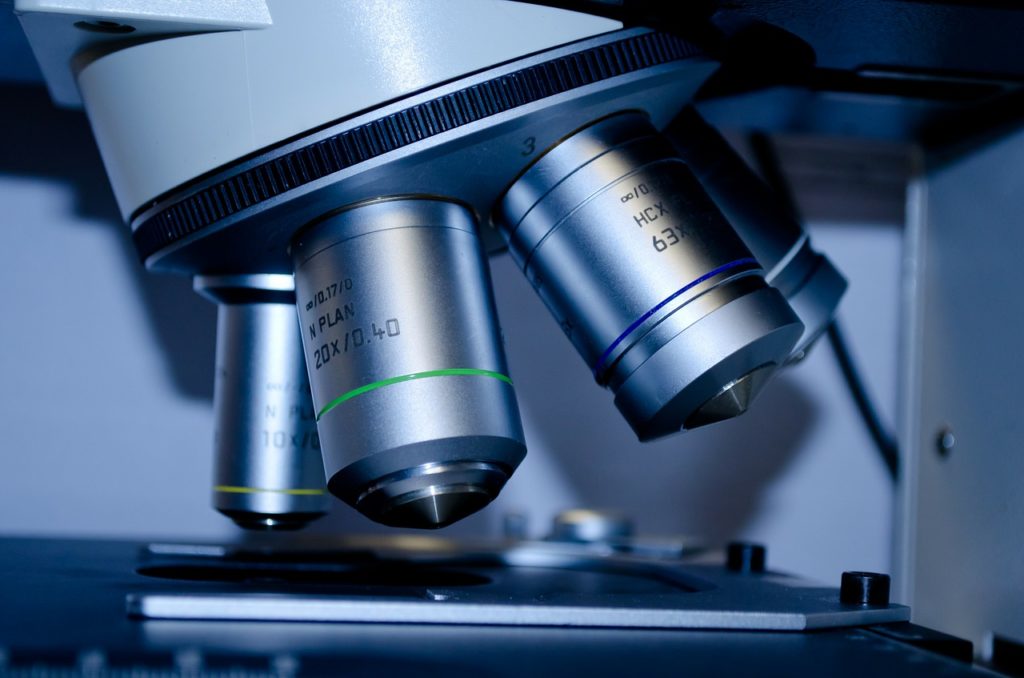Chronic post-traumatic encephalopathy (CTE) is a neurodegenerative disorder that occurs in people with multiple head injuries. Symptoms include behavioral problems, mood disorders and difficulty in thinking. Calvin Johnson made a six-digit donation for research through his cannabis company. Scientific evidence is beginning to mount that cannabis may be beneficial in the fight against cancer.
Can marijuana help treat head trauma (CTE)?


Former NFL star Calvin Johnson joined the growing list of former professional athletes working in the cannabis industry. He is a partner in a new company that will open a cannabis pharmacy in Michigan.
But Johnson is also going one step further in the industry. Moreover, he donates money to Harvard University to fund research into the potential for treating cannabis CTE. According to a study by researchers at the University of Boston in 2017, 99% of the brains of former American football players of the NFL were found in the NFL.
Johnson, who spent his career in Detroit Lions and made a six-digit donation for research through his cannabis company, Primitive, told ESPN that he believed his company “was able to develop CTE treatment.”
Repeat brain trauma leads to CTE
CTE means chronic post-traumatic encephalopathy. It is a degenerative brain disease that occurs in people with repeated brain injury. Besides, this is what you can see in the NFL and boxing matches every Sunday.
Symptoms include dementia and memory loss. Some argue that CTE also played a role in the deaths of former players who took their own lives or had difficulty living alone. The problem is with both current and retired players.
However, CTE does not limit itself to professional athletes only. According to the above-mentioned Boston University study, CTE also diagnosed military veterans and athletes from high schools and universities who never practiced this sport afterward.


Johnson’s plans for a marijuana company
One of Calvin Johnson’s business partners is former NFL player Rob Sims, who also played in Lions. They are both co-owners of Primitive and the partners are planning to open a network of medical marijuana distributors in Michigan.
Johnson is also a member of the board of directors of the Michigan Cannabis Industry Association.
Johnson and Sims decided to fund the CTE study after attending the Harvard Catalyst World Health Summit in May 2019. The research funding agreement concluded with the International Institute of Phytomedicine and Cannabis Medicine at Harvard University.
The Institute investigates not only the use of cannabis for potential CTE treatment but also other diseases such as cancer. Johnson and Sims also established a partnership with NESTRE, a brain research company, in accordance with the ESPN article.
Johnson told Detroit Free-Press that the partnership would help to bring cannabis into the mainstream and the general public. Despite many years of legalization in the states throughout the United States, some people still see the weed industry very skeptically, as Johnson said, including his family.
Johnson added, “But when you all of a sudden add that we have a partnership with Harvard because we’re trying to find the best medicine, that changes a lot of minds.”


Harvard Study Say Cannabis May Help Fight Pancreatic Cancer
Scientific evidence is beginning to mount that cannabis may prove beneficial in the fight against cancer. The latest comes from a Harvard University study involving cannabis flavonoids and pancreatic cancer.
The study from Harvard’s Dana-Farber Cancer Institute is different because it discovered cannabis might go beyond treatment for cancer-related pain and nausea. The study found that flavonoids in cannabis show potential in slowing pancreatic cancer tumor growth and stopping the spread of pancreatic cancer.
—
(Featured Image by WikiImages)
First published in drugsinc, a third-party contributor translated and adapted the article from the original. In case of discrepancy, the original will prevail.
Although we made reasonable efforts to provide accurate translations, some parts may be incorrect. Hemp.im assumes no responsibility for errors, omissions or ambiguities in the translations provided on this website. Any person or entity relying on translated content does so at their own risk. Hemp.im is not responsible for losses caused by such reliance on the accuracy or reliability of translated information. If you wish to report an error or inaccuracy in the translation, we encourage you to contact us.



Comments are closed for this post.